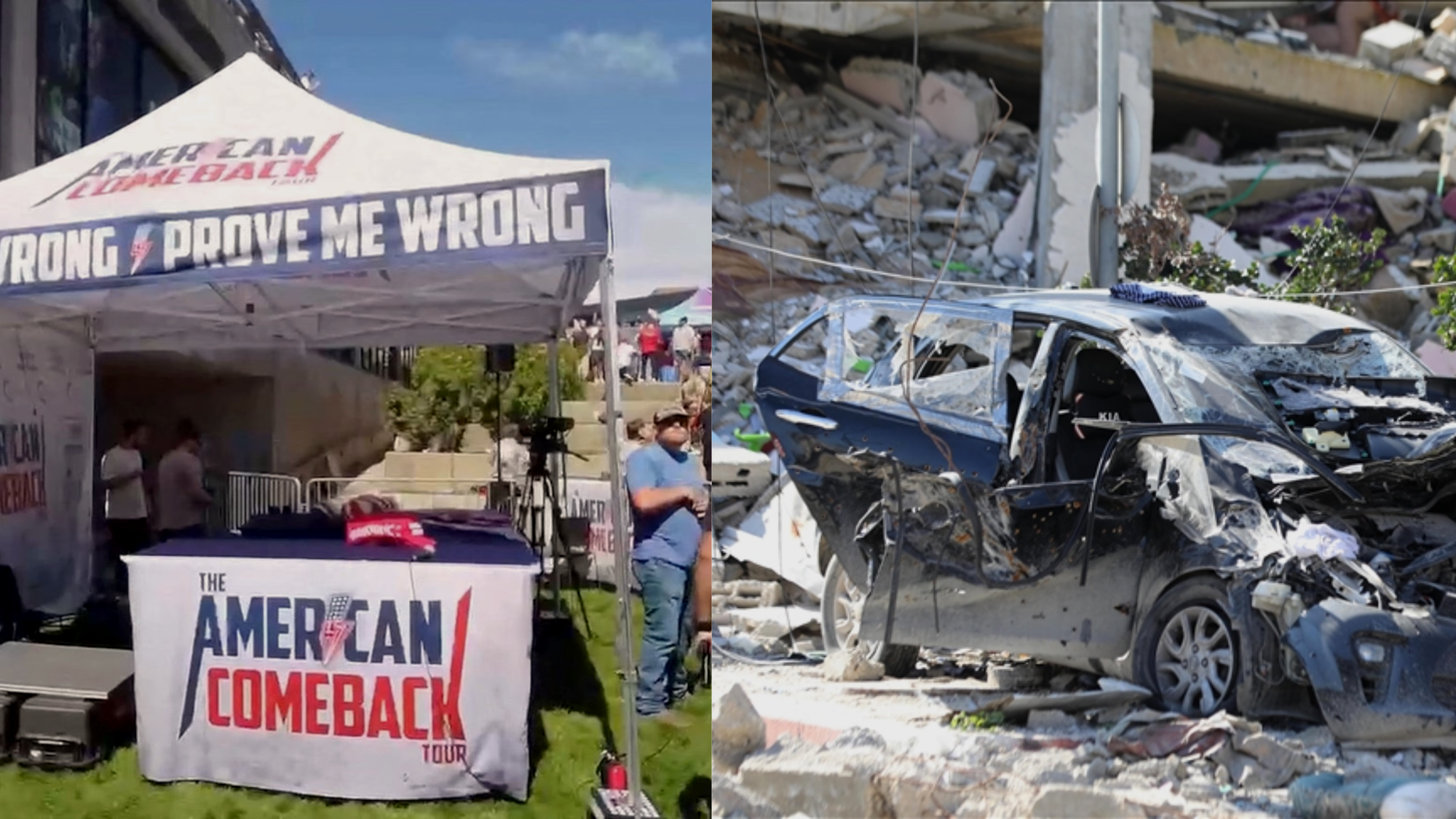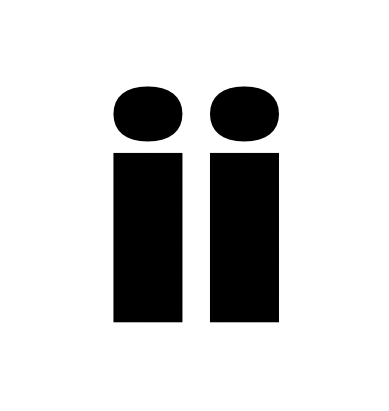On Charlie Kirk...

I do not rejoice at death. As a Muslim, I cannot. The sanctity of life is unassailable, no ideology, no fury, no outrage can make the spilling of innocent blood acceptable. Murder is not justice but actually the collapse of courage, the refusal to endure another’s speech. I sit uneasy, not because one man is dead, but because of the chorus that ascends each day of his death, every headline, every broadcast, every screen reverberating his name as though the world hasn't witnessed death for a millennium.
I wonder about the thousands of others, children who will never experience adulthood, mothers who will never hold their babies again, men who vanish into ash with no obituary written. I wonder instead about Hind, the Palestinian girl whose life ended with a sniper’s round. Where are their headlines? Where is their thunderous outrage? During the Great March of Return, Israeli snipers killed nearly two hundred demonstrators, amongst them countless children. These are not statistics, they are too extinguished flames. But the world learns to look away, as though its okay for some lives to burn brighter than others.
Kirk was hardly infallible. He justified the occupation of our brothers and sisters in Palestine, nor was he a particular friend to Islam. Yet in a strange symmetry, he also championed ideas that we Muslims too champion for; fidelity to the nuclear family unit, wariness of a culture drowning in lust and excess, suspicion of the fluidities that have recently unravelled basic elements of our human nature. There was overlap, not to be mistaken for kinship. Perhaps with time he might have seen what others eventually saw, that to stand for tradition and morality is to stand also against dispossession and subjugation. But we will never know. The bullet foreclosed that possibility, as it always does.
Still I must resist the temptation to compare losses as though they were weights on a scale. His death matters because every death matters. But the magnitude of attention has unsettled me. One man dies in America and the world trembles. Thousands die in Gaza and the silence is pitch perfect. This asymmetry corrodes us. It teaches that lives are hierarchised, that some voices deserve vigils whilst others are left in a gutter unseen.
To kill a man for his words is cowardice. To ignore the slaughter of a people is complicity. Between those poles we drift, torn between selective outrage and exacting amnesia. What is left is the harder path, to name every life, to honour every voice, to refuse to be satisfied with a moral vision that remembers only the convenient dead.
For truth, if it is truth, must embrace even the voices we oppose and must mourn even those lives the world would rather forget.
Faithfully, Issa.

